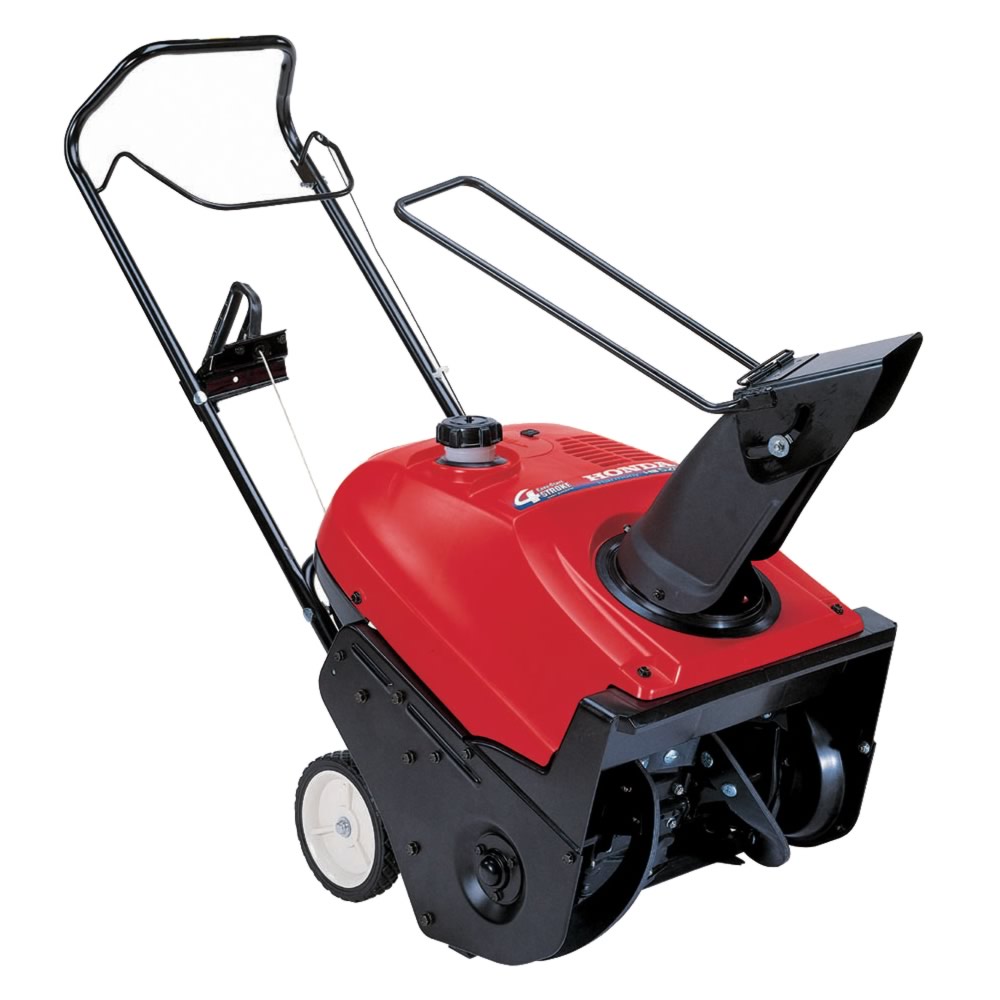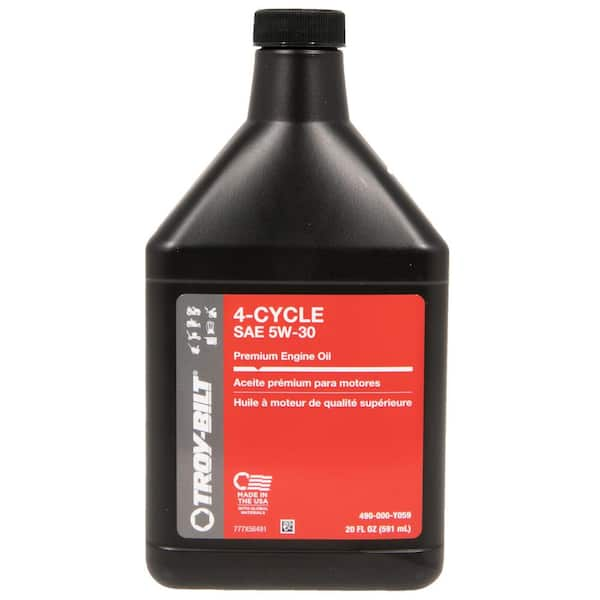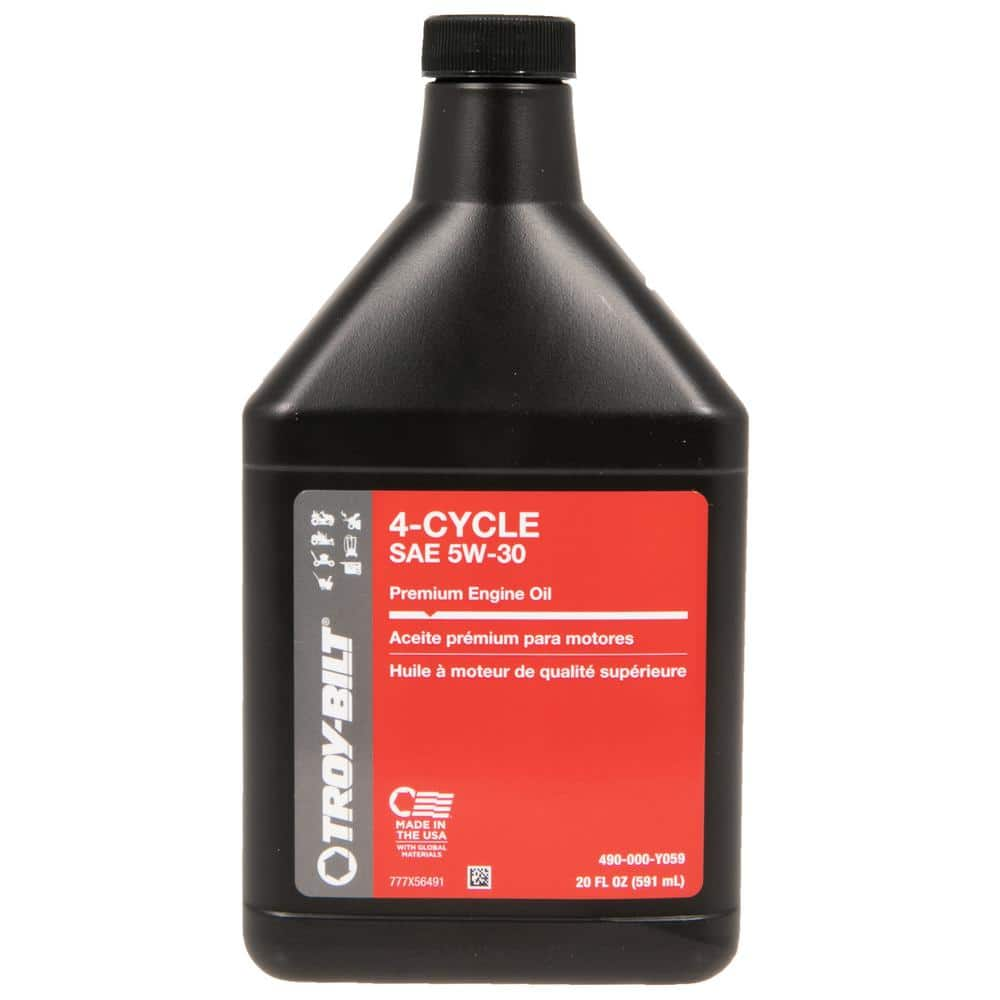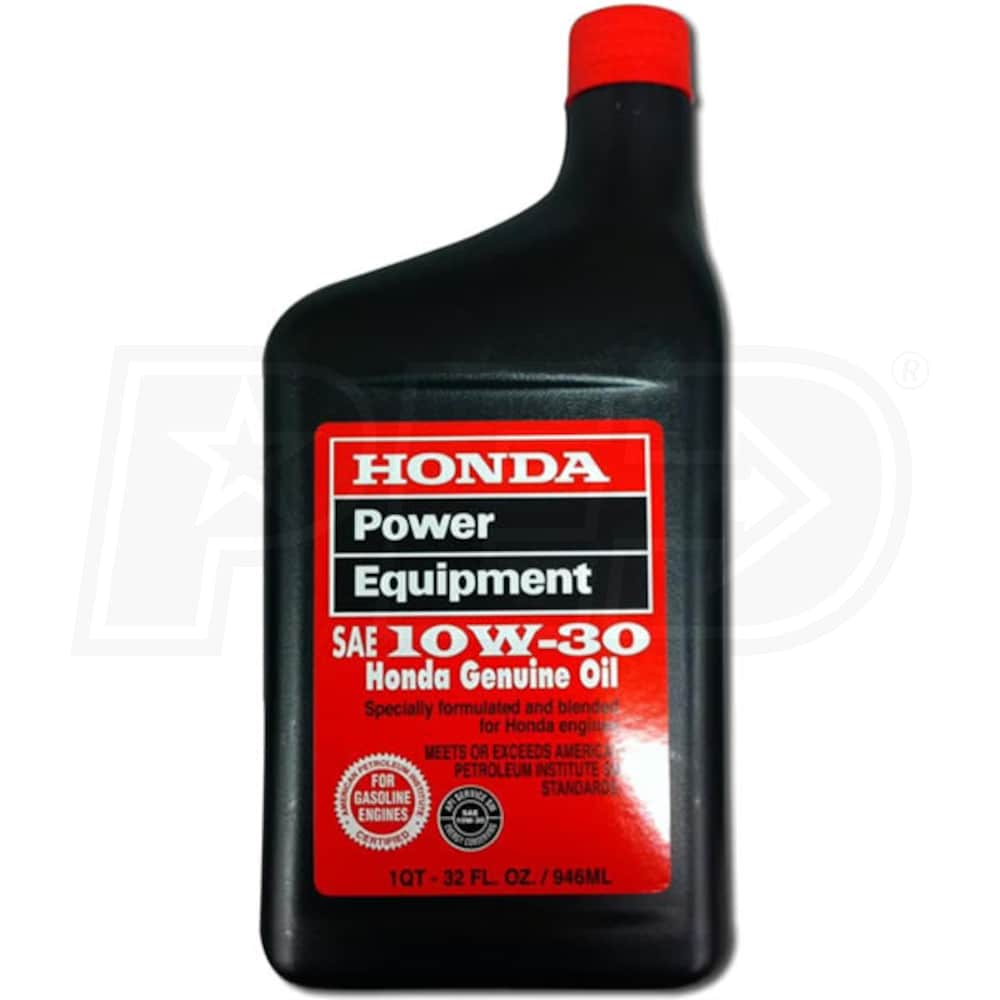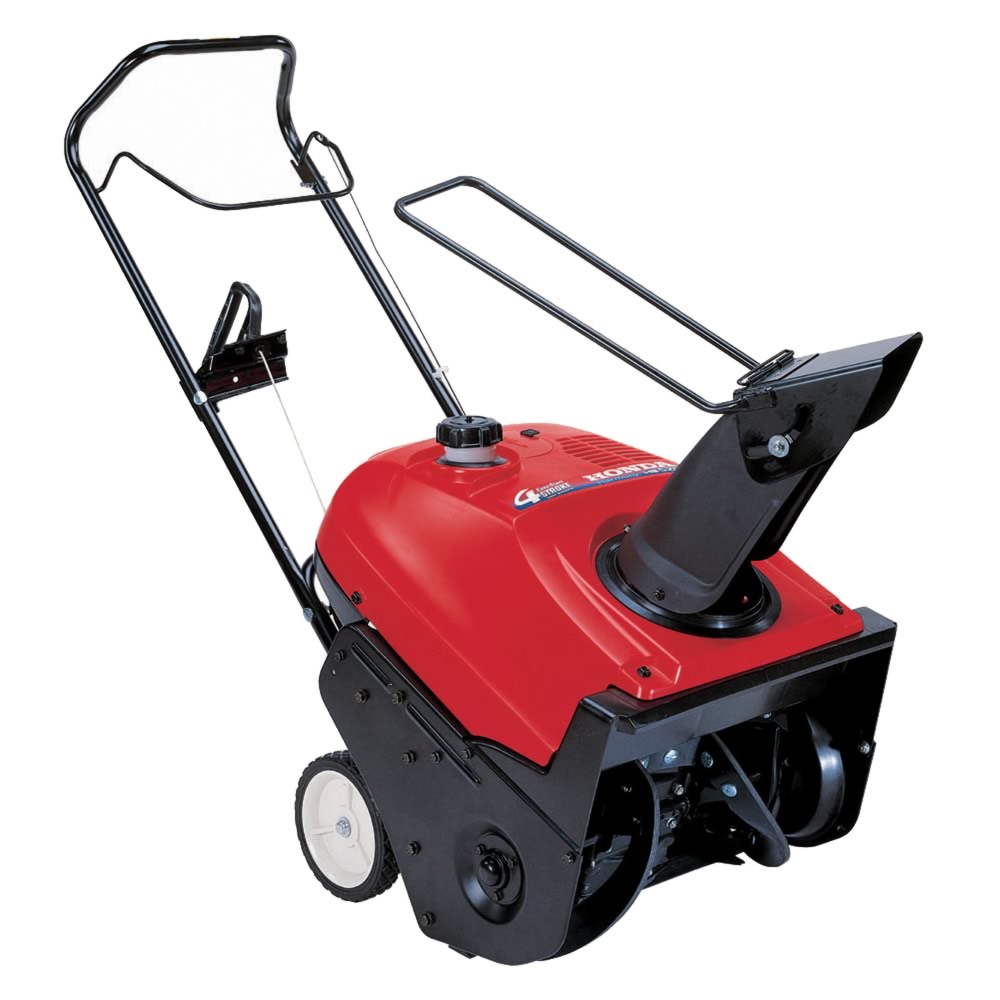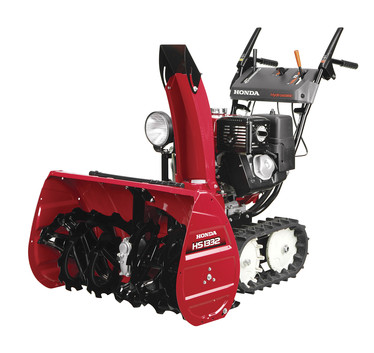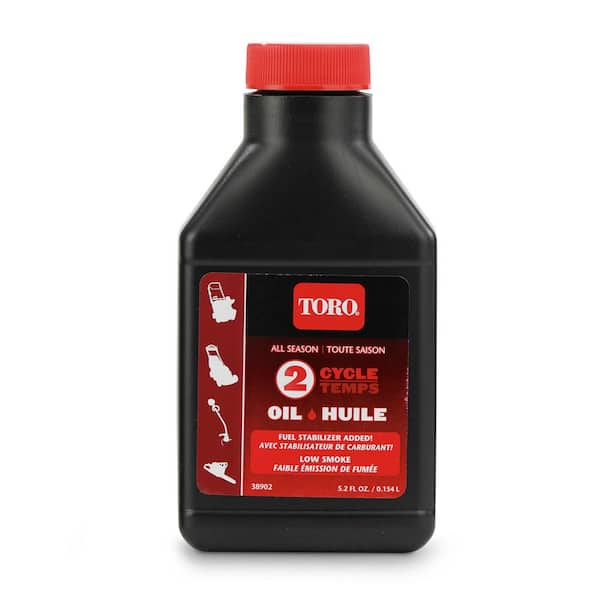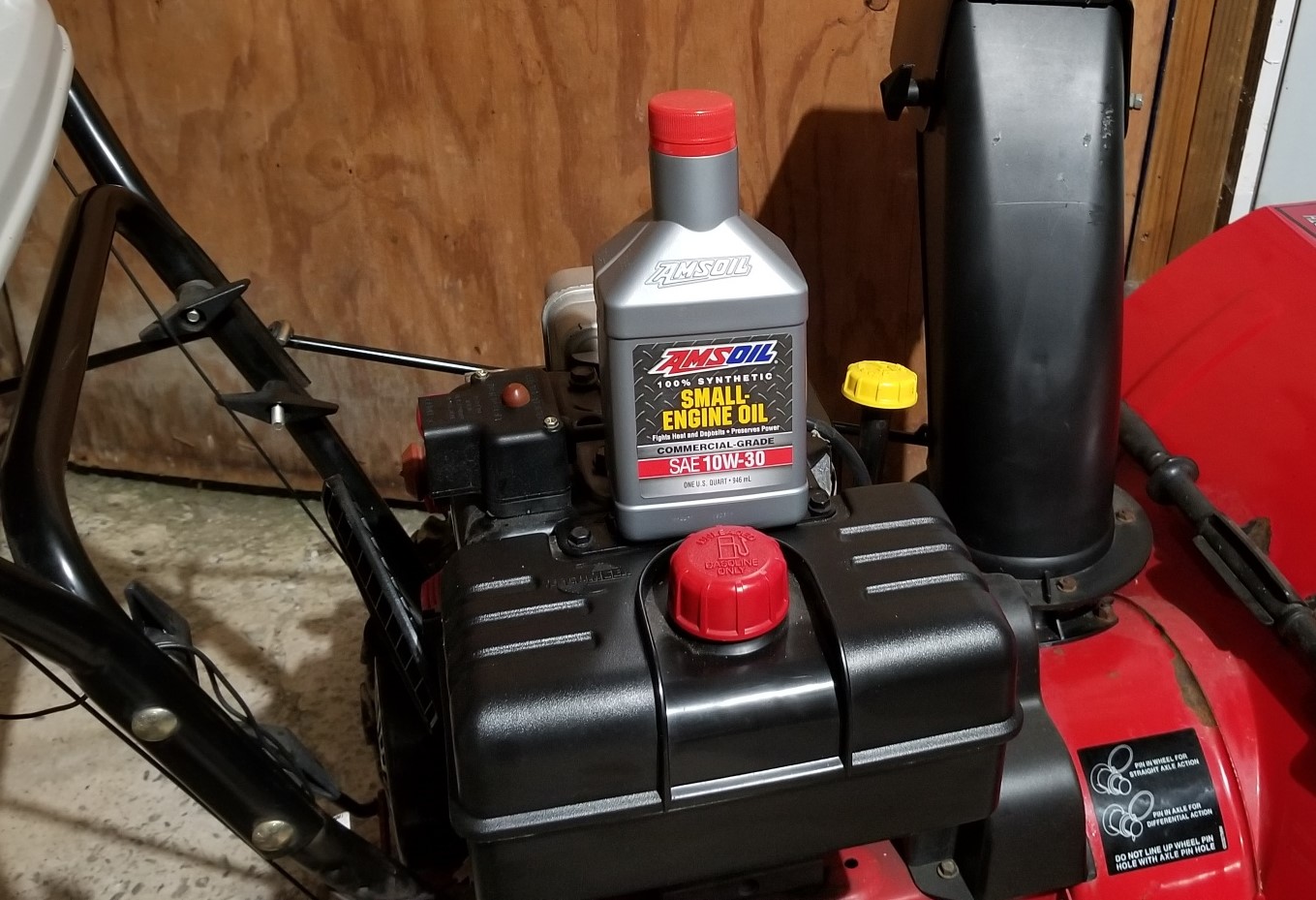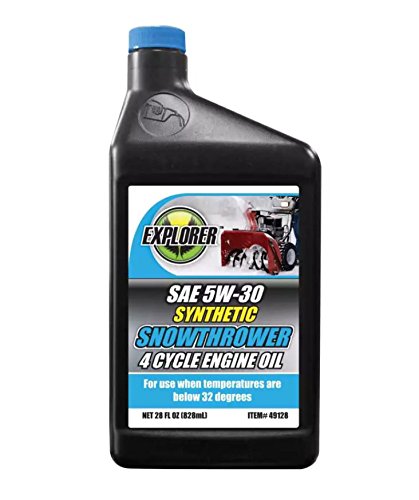The hunt for the perfect oil to keep our Honda snow blower running smoothly during the chilly winter months can be a daunting task. With so many options available, we find ourselves pondering which oil is truly the best for our beloved machine. In this article, we explore the various options on the market and provide you with the ultimate guide to finding the right oil for your Honda snow blower. So, buckle up and prepare to conquer the snow-covered terrain with confidence and ease!
Importance of Using the Right Oil for Honda Snow Blower
Optimal Performance and Efficiency
When it comes to operating a Honda snow blower, using the right oil is crucial for achieving optimal performance and efficiency. The oil you choose can have a significant impact on how well your snow blower functions, especially in cold weather conditions. The right oil will ensure smooth operation, reduce friction, and maximize fuel efficiency, allowing you to clear snow effortlessly and effectively.
Durability and Longevity
Using the correct oil for your Honda snow blower is essential for maintaining its durability and longevity. The engine of a snow blower works in harsh conditions, especially during the winter months. Cold temperatures, snow, and ice can put a strain on the engine, making it even more critical to use the appropriate oil. By using the right oil, you can protect the engine from excessive wear and tear, and extend the lifespan of your snow blower.
Preventing Engine Damage
One of the most significant reasons for using the right oil is to prevent engine damage. The engine of a snow blower is its heart, and any damage to it can render the machine useless. Using the wrong oil, especially one with an improper viscosity grade, can lead to inadequate lubrication, increased friction, and engine overheating. This can ultimately result in costly repairs or even the need to replace the entire engine. By using the recommended oil, you can minimize the risk of engine damage and keep your Honda snow blower running smoothly without any unexpected breakdowns.
Preferred Oil Type for Honda Snow Blower
Honda Genuine Motor Oil
Honda Genuine Motor Oil is one of the top choices for Honda snow blowers. This oil is specifically designed to meet the requirements of Honda engines, including those found in snow blowers. By using Honda Genuine Motor Oil, you can ensure that your snow blower’s engine receives the utmost care and protection. This oil is formulated with high-quality additives that provide excellent lubrication, minimize engine wear, and enhance overall performance.
Synthetic Motor Oil
Synthetic motor oils are another excellent option for Honda snow blowers. These oils are made using advanced chemical processes that result in a more refined and pure product. Synthetic motor oils offer superior lubrication properties, especially in extreme temperatures, making them ideal for snow blower engines. They provide better cold-start protection, reduce friction, and improve fuel efficiency. Choosing a synthetic motor oil with the recommended viscosity grade ensures optimal performance and protection for your Honda snow blower.
Multi-Viscosity Oil
Multi-viscosity oils are formulated to provide adequate lubrication across a wide range of temperatures. These oils are particularly beneficial for areas where temperature fluctuations are common. In regions with both cold winters and hot summers, multi-viscosity oils can adapt to varying conditions, ensuring proper engine protection and smooth operation throughout the year. By using a multi-viscosity oil with the appropriate viscosity grade, you can maintain the performance and reliability of your Honda snow blower in any climate.

This image is property of www.snowblowersdirect.com.
Understanding Oil Viscosity and Grades
Viscosity Basics
Viscosity is a crucial factor when selecting the right oil for your Honda snow blower. Simply put, it refers to the oil’s resistance to flow. The viscosity grade of an oil indicates its thickness or thinness. A higher viscosity grade indicates thicker oil, while a lower viscosity grade indicates thinner oil. In cold weather conditions, a thinner oil with a lower viscosity grade is preferred as it flows more easily, ensuring proper lubrication during startup. In contrast, a higher viscosity grade oil is necessary in warmer temperatures to maintain proper engine protection.
Choosing the Right Viscosity Grade
Choosing the right viscosity grade for your Honda snow blower depends on the climate and operating conditions. Honda provides specific recommendations for each snow blower model, taking into account the temperature range in which the equipment will be used. Following these recommendations ensures that your snow blower’s engine receives the optimal level of lubrication and protection. It is crucial to use an oil with the correct viscosity grade to prevent engine damage and ensure reliable performance.
Factors to Consider When Selecting Oil for Honda Snow Blower
Operating Temperature Range
The operating temperature range in which you use your Honda snow blower is a vital consideration when selecting the appropriate oil. If you live in an area with exceptionally cold winters, using an oil with a lower viscosity grade is crucial to ensure proper lubrication during cold starts. On the other hand, in regions with milder winter climates, a slightly higher viscosity grade may be suitable. Always refer to the manufacturer’s recommendations and select the oil that matches the temperature range you typically encounter.
Oil Change Interval
The frequency at which you change the oil in your Honda snow blower is another factor to consider. Regular oil changes are essential for maintaining the performance and longevity of your snow blower’s engine. It is crucial to choose an oil that can withstand the operating conditions and maintain its properties for the recommended oil change interval specified by Honda. Using high-quality oils, such as Honda Genuine Motor Oil or synthetic motor oil, can ensure the oil remains effective and provides optimal engine protection until the next scheduled oil change.
Usage Frequency
The frequency and intensity of your snow blower use should also be taken into account when selecting the oil. If you use your snow blower frequently or for extended periods, you may want to opt for an oil that can withstand the demanding conditions. Regular usage can place significant stress on the engine, and using a high-quality oil will help protect it from wear and tear. Additionally, oils that provide better fuel efficiency can be beneficial if you use your snow blower extensively, as they can help reduce overall operating costs.
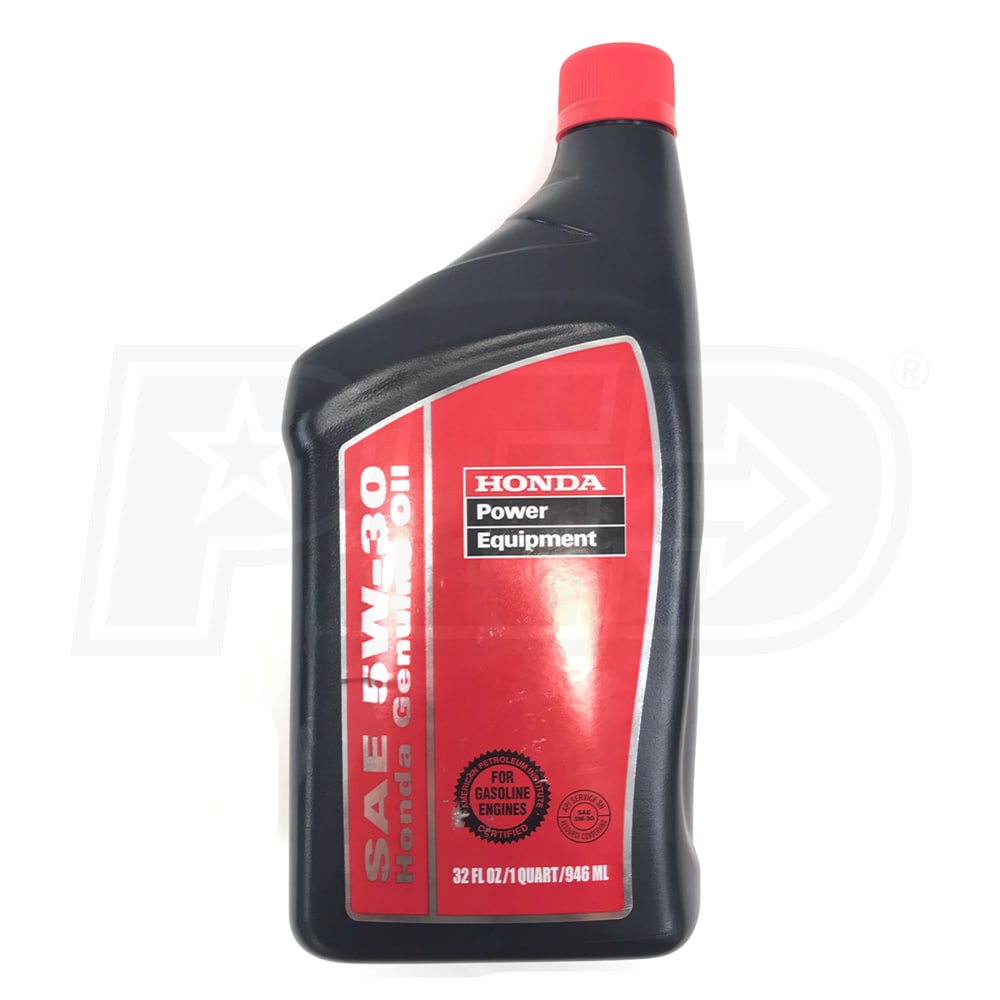
This image is property of www.snowblowersdirect.com.
Recommended Oil Options for Honda Snow Blower
Honda 5W-30 Synthetic Blend Motor Oil
The Honda 5W-30 Synthetic Blend Motor Oil is an excellent choice for Honda snow blowers. This oil is formulated with a blend of synthetic and conventional base oils, providing enhanced performance and superior protection. The 5W-30 viscosity grade ensures easy cold starts and optimal lubrication, even in extreme temperatures. This oil meets the stringent requirements set by Honda and is designed to prolong the life of your snow blower’s engine while delivering reliable performance.
Honda 0W-30 Full Synthetic Motor Oil
For those seeking the ultimate protection for their Honda snow blower’s engine, the Honda 0W-30 Full Synthetic Motor Oil is an ideal option. This oil is formulated with fully synthetic base oils, providing superior lubrication and protection in all weather conditions. The 0W-30 viscosity grade ensures excellent cold-start performance, while the advanced additives provide exceptional wear protection. By using this full synthetic motor oil, you can ensure your snow blower’s engine remains in top condition for years to come.
Honda 10W-30 Outdoor Power Equipment Oil
The Honda 10W-30 Outdoor Power Equipment Oil is specifically designed for use in various outdoor power equipment, including Honda snow blowers. This oil offers reliable performance and protection in a wide range of operating temperatures. The 10W-30 viscosity grade makes it suitable for both cold starts and warmer climates. This oil’s exceptional lubrication properties minimize friction and wear, ensuring that your snow blower operates smoothly and efficiently, even in harsh conditions.
Benefits of Using Honda Genuine Motor Oil
Engineered Specifically for Honda Engines
One of the significant benefits of using Honda Genuine Motor Oil is that it is specifically engineered for Honda engines, including those in Honda snow blowers. Honda engineers design this oil to meet the demanding requirements of their engines, ensuring optimal performance and protection. By using this oil, you can have peace of mind knowing that your snow blower’s engine is receiving the care it needs to perform at its best.
Enhanced Protection and Lubrication
Honda Genuine Motor Oil offers enhanced levels of protection and lubrication compared to conventional oils. This oil contains special additives that provide superior wear protection and prevent harmful deposits from forming. The precisely formulated blend of base oils ensures proper lubrication throughout the engine, even in extreme weather conditions. With Honda Genuine Motor Oil, you can trust that your snow blower’s engine is receiving the highest level of care and protection.
Guaranteed Quality and Performance
Using Honda Genuine Motor Oil guarantees both quality and performance. This oil undergoes extensive testing to ensure it meets the strict quality standards set by Honda. The manufacturing processes and quality control measures in place ensure that each bottle of Honda Genuine Motor Oil delivers consistent performance. By using this oil, you can be confident that you are providing your Honda snow blower with the best possible care and ensuring its long-term reliability.
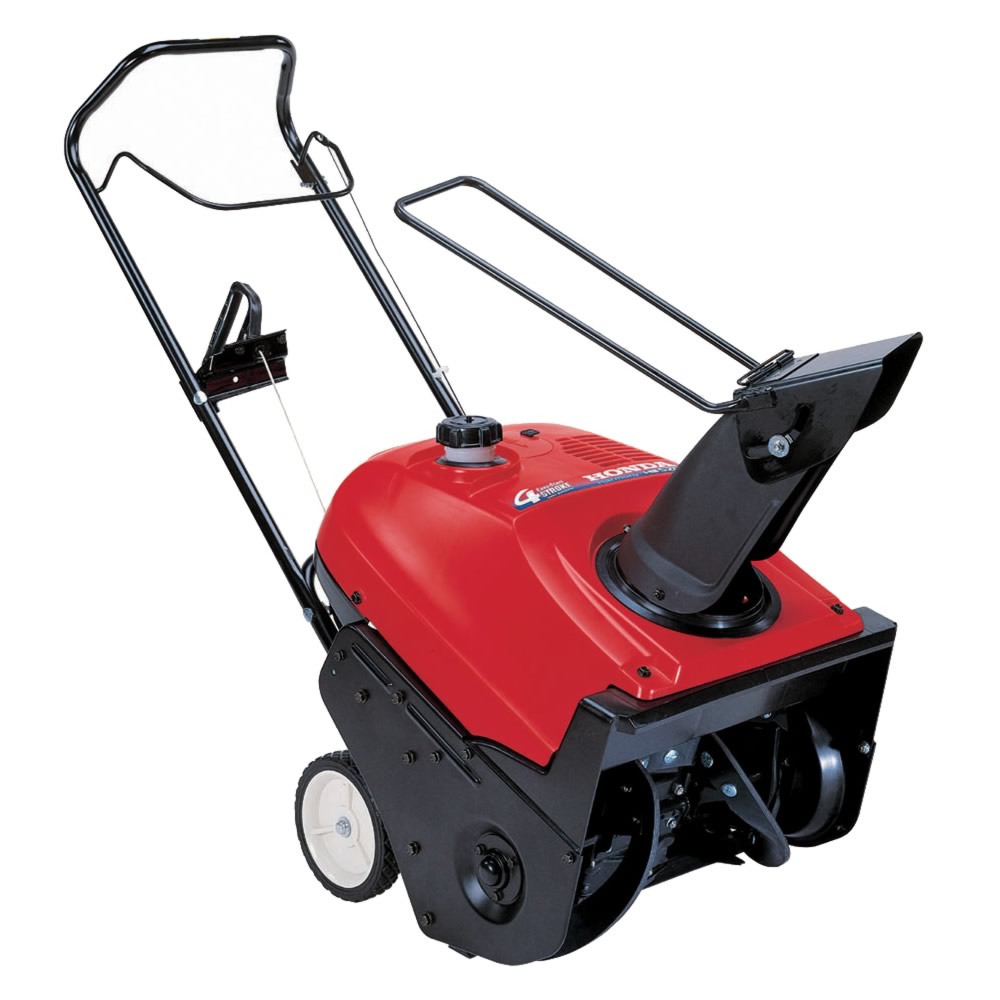
This image is property of blog.hondalawnparts.com.
Steps to Replace Oil in Honda Snow Blower
Prepare the Equipment
Before replacing the oil in your Honda snow blower, it is essential to prepare the equipment properly. Start by removing any attachments or accessories and ensuring that the blower is on a level surface. Make sure the engine is cool to the touch and that you have all the necessary tools and supplies on hand, including a suitable container for the old oil.
Drain the Old Oil
Locate the oil drain plug or valve on your snow blower. Use a wrench or socket set to loosen and remove the drain plug, allowing the old oil to drain into the container. Be cautious as the oil may still be hot. Once all the old oil has drained, inspect the drain plug for any signs of damage or wear. If necessary, replace it with a new one. Clean the area around the drain plug before reinstalling it.
Install the Drain Plug and Fill with New Oil
After ensuring that the drain plug is properly installed, it’s time to fill your Honda snow blower’s engine with fresh oil. Check the owner’s manual or the oil filler cap for the recommended oil capacity. Slowly pour the new oil into the filler port, avoiding any overfilling. Keep in mind the specific oil type and viscosity grade recommended for your snow blower. Once you have reached the appropriate oil level, replace the oil filler cap and securely tighten it. Before starting the engine, inspect the area for any potential oil leaks.
Additional Tips for Maintaining Honda Snow Blower
Regular Oil Checks and Changes
Regularly checking the oil level in your Honda snow blower is essential for its proper maintenance. It is advisable to check the oil before each use to ensure the level is at the recommended range. Additionally, follow the manufacturer’s recommendations for oil change intervals and perform oil changes accordingly. Regular oil checks and changes help keep the engine running smoothly, minimize wear, and extend the life of your snow blower.
Proper Storage and Winterization
Proper storage and winterization are crucial for protecting your Honda snow blower during the off-season. Before storing your snow blower, allow the engine to cool completely. Drain the old oil and replace it with fresh oil, ensuring the proper oil type and viscosity grade are used. Remove any remaining fuel from the tank or add a fuel stabilizer to prevent fuel deterioration. Clean the snow blower thoroughly, remove any snow or debris, and store it in a clean, dry location. Following these steps will help ensure that your snow blower is ready for use when the next winter season arrives.
Scheduled Maintenance and Servicing
In addition to regular oil changes, scheduled maintenance and servicing are essential for keeping your Honda snow blower in top condition. Follow the manufacturer’s recommended maintenance schedule, which may include tasks such as spark plug replacement, air filter cleaning or replacement, and belt inspections. Regularly inspecting and maintaining the key components of your snow blower will help identify any potential issues and prevent costly repairs in the long run.
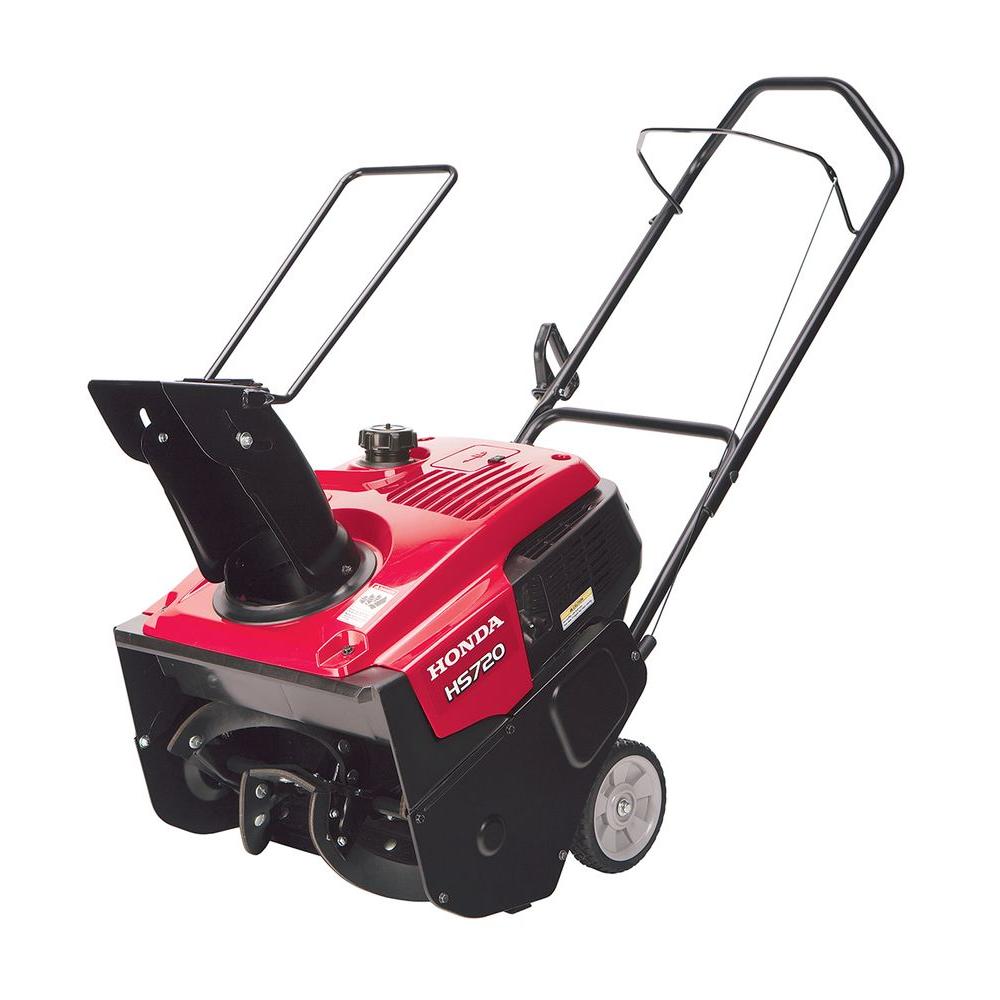
This image is property of blog.hondalawnparts.com.
Conclusion
Using the right oil is vital for the optimal performance, durability, and longevity of your Honda snow blower. Honda Genuine Motor Oil, synthetic motor oil, and multi-viscosity oil are all excellent options for maintaining your snow blower’s engine. Understanding viscosity basics and choosing the right viscosity grade is crucial for proper lubrication throughout the year. Factors such as the operating temperature range, oil change interval, and usage frequency should be considered when selecting the oil. By following the manufacturer’s recommendations and using high-quality oils, such as Honda Genuine Motor Oil, you can ensure your snow blower operates reliably and efficiently. Regular oil checks and changes, proper storage and winterization, and scheduled maintenance and servicing are additional steps you can take to maintain your snow blower’s performance. By giving your Honda snow blower the care it deserves, you can enjoy effortless snow clearing for years to come.
